Everyone has heard at least a little bit about AI, artificial intelligence. Maybe you’ve seen one of the many movies where a computer program leads us toward a future of robot domination. The end of the world with a neighborhood terminator standing on every corner. Before this conceivable dooms day, maybe there are some technological advances just around your corner that are actually in all our best interest.
A simple reality is that AI is doing some things faster and more efficiently than their highly trained, professional, human counterparts. In a field of seasoned specialists, pulmonology which studies the respiratory system in particular the lungs, AI's abilities are next-level. Dr. Fawzi posted a video demonstrating how AI will help him do his job, yet he sees it more as a threat than an amazing tool.
These AI algorithms can automatically recognize abnormalities as well as detect disease with improved accuracy.
@dr.fawzikatranji Artificial intelligence is here!
The doctor explains how he's developed the skills for reading and analyzing x-rays over his 20 year career. He points out on the image some abnormalities in the lungs which he identifies as pneumonia. He states that the patient is very ill in need of medical treatment. Then he shows how the AI filter registers the same diagnosis in a second. Most likely Dr. Fawzi is joking when he says that he's going to be applying for work at a fast food chain.
Comments about the video were more supportive than fearful and seemed to be encouraged by the thought of AI working alongside doctors.
"I love that AI was able to identify it so quickly, but I only trust it because you confirmed it."
"Radiologists who use AI will replace those who don't use AI... It's complementary not a replacement."
"No Doc! It's just your efficiency is now increased so you will be helping 5x more people during your regular day!!"
"We need specialists and human interaction."
"It's a tool to help, not replacement."
"AI will be able to do thousands per day but we will still need specialist to verify the results."
Dr. Fawzi a couple days later posted another video where he seemed to agree that AI was helping him do his work better. He explains how the AI filter on another patient catches a problem he would have missed.
@dr.fawzikatranji It’s sad to think I’ll be needing this tool that may take over many of our jobs… #ai #medicine #radiology #pulmonology #dubai #drfawzikatranji
In situations like these it seems clear that AI is a valuable tool. At this point human replacement seems unlikely because trained professionals are needed to understand what the AI is saying and to then interact and properly treat the patient. Also, imaging alone is but one small tool in what's necessary to properly diagnose and treat patients.
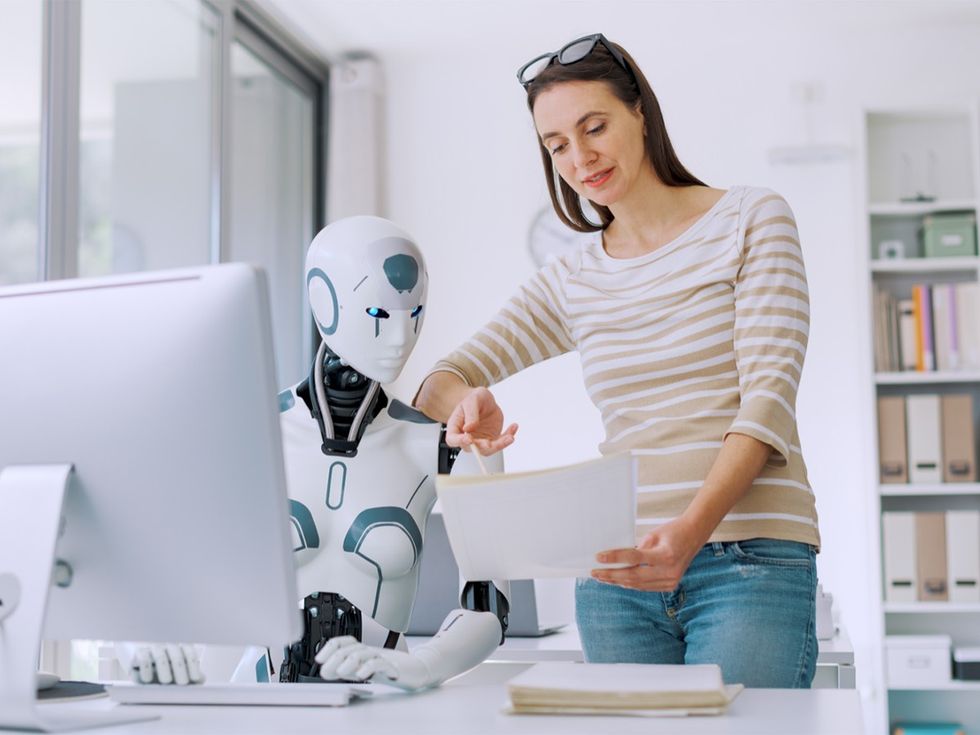
Here are some basic things to know about artificial intelligence. AI isn’t one thing. It’s actually hundreds of new programs. Estimates for up to 300 plus foundational models of AI are expected by 2028. These programs run various apps capable of spectacular proficiencies:
-language such as speech to text, translation, chatbots for customer service
-problem solving like coding help, math problems, google search engines or ChatGPT
-creative devices as image and video generators, music composition, and art design
-visual imaging of facial recognition, medical imaging, object detection in self-driving cars
-robotics for navigation, cleaning, arms and fingers to grasp and manipulate for warehouses and even actual surgery
-predictive systems that recommend things like YouTube and Spotify, algorithms for stock trading, and health risk predictors
The resources that AI will and already offer are fantastic. The concerns over job loss are logical. It's inevitable that certain careers will no longer be necessary because AI will fill those roles. Jobs like data entry, customer service, assembly lines, retail checkouts, analytical roles, and translation. Perhaps you're already experiencing AI interactions yourself at the supermarket self-checkout, calling for service help, or using a language translator app.
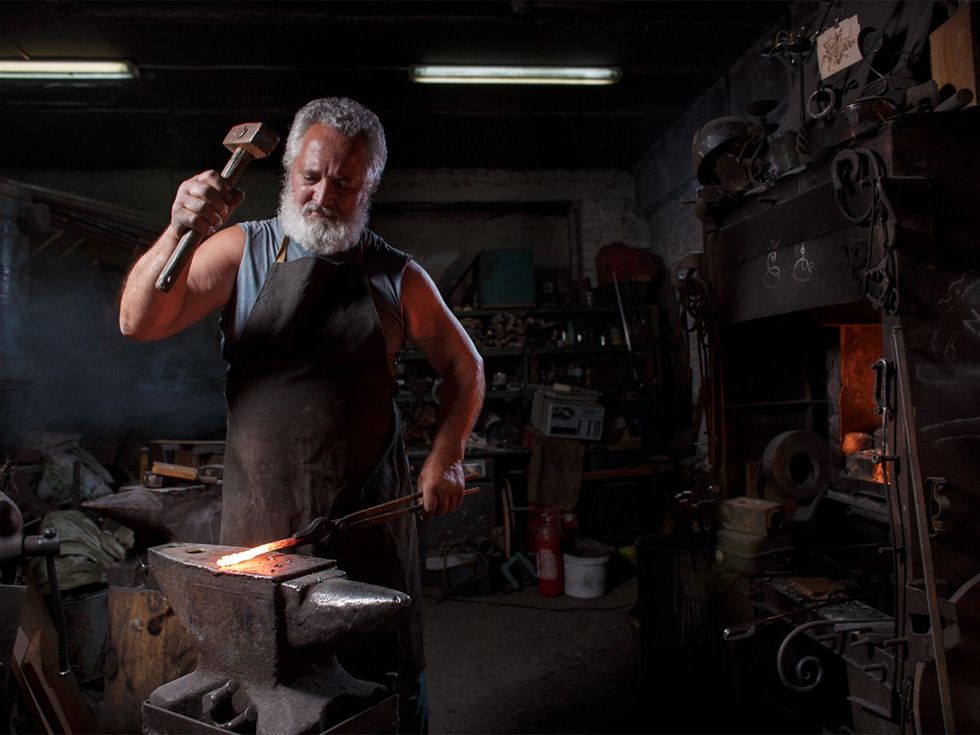
Getting tech'd out of a career is nothing new. Ever heard of a blacksmith? The people who worked with metal in fiery forges producing all sorts of items including horse shoes.Things that were necessary for a flourishing industry of horse travel before this invention called cars came along. Finally when the industrial revolution created factories, individual iron smiths weren't as necessary anymore.
As this innovative technology moves forward and we as a community benefit from what it brings, having resources available to those individuals losing their careers is very important. For those at risk of AI replacement which most certainly can broaden out and encompass more of us as time progresses, here are some suggestions for finding and adapting to new careers.
There are coaching and career counseling agencies available like Better UP and Rework America Alliance. There are resources nationwide through the American Job Center which offers training and access to other local service agencies. Programs exist to help people discover new, alternative careers they might be interested in pursuing such as My Next Move or Pathway U.
The framing of a healthy perspective and deciding to not go it alone are hopefully fundamental solutions to anyone dealing with a challenging situation. It's often hard, but finding the good and seeking the guidance and love of a community can make most any impossible scenario in the least, a little better.





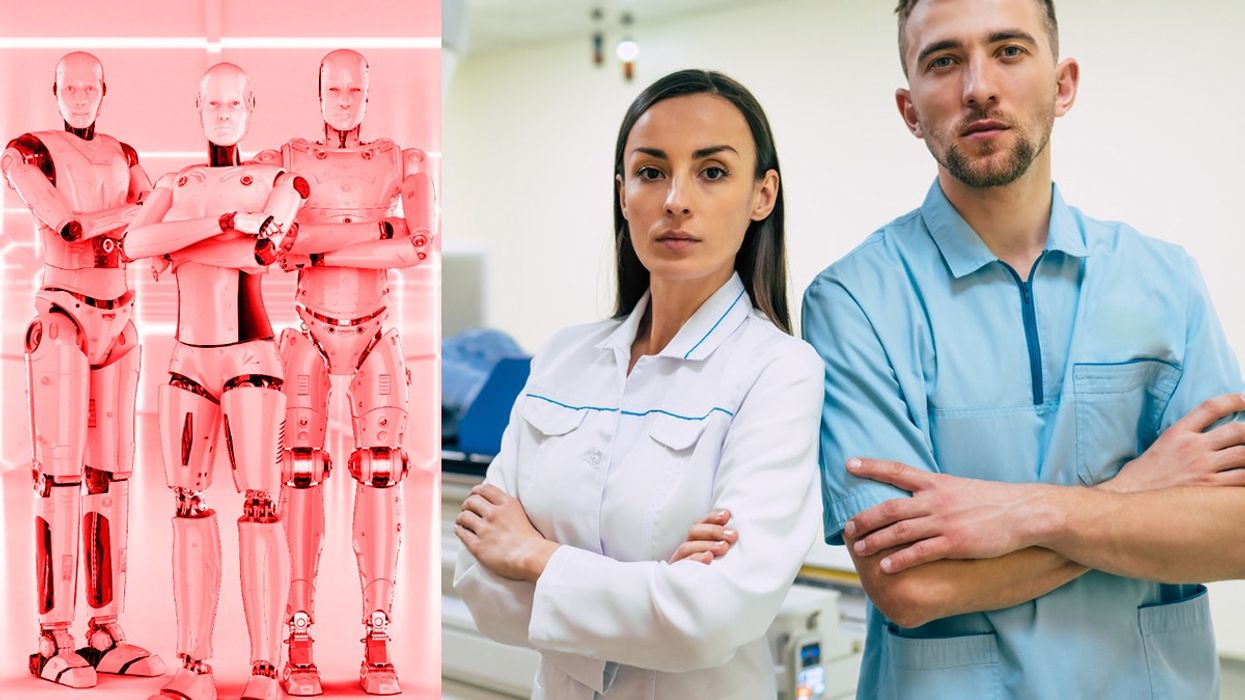


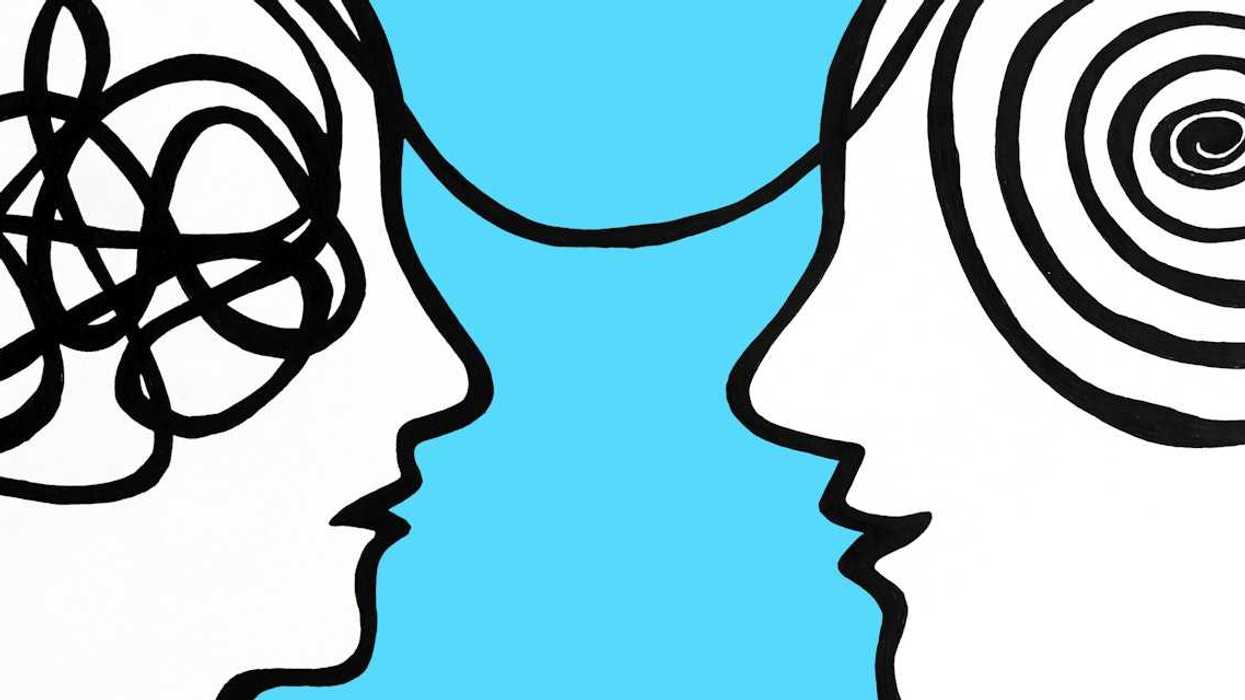









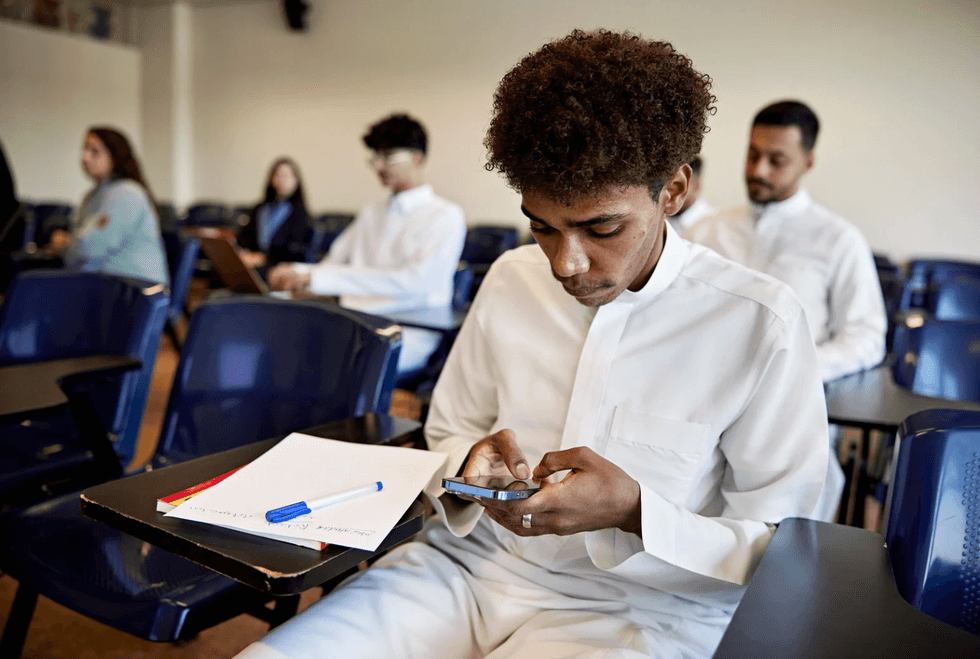 A student on their phone in classCanva
A student on their phone in classCanva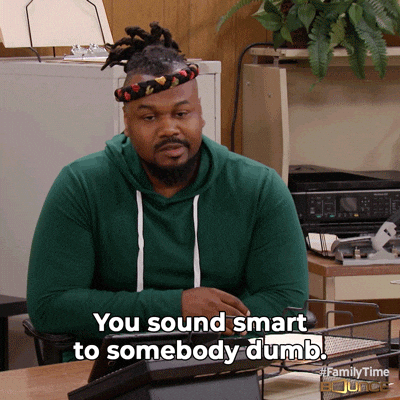 Gif of someone saying "YOu sound smart to somebody dumb" via
Gif of someone saying "YOu sound smart to somebody dumb" via 
 A woman sips a cup of coffeeCanva
A woman sips a cup of coffeeCanva
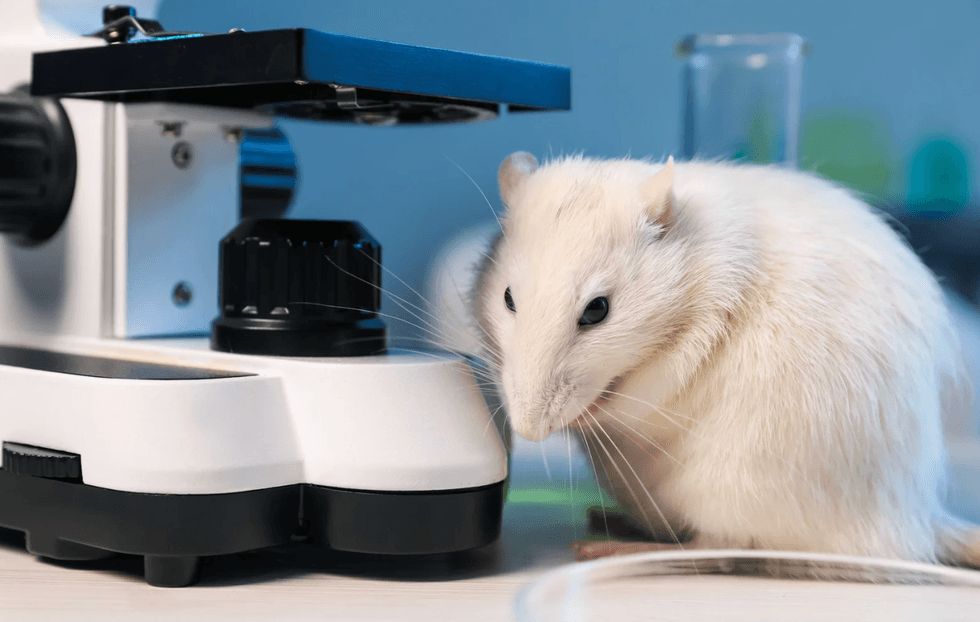 A labratory mouse checks out a microscopeCanva
A labratory mouse checks out a microscopeCanva

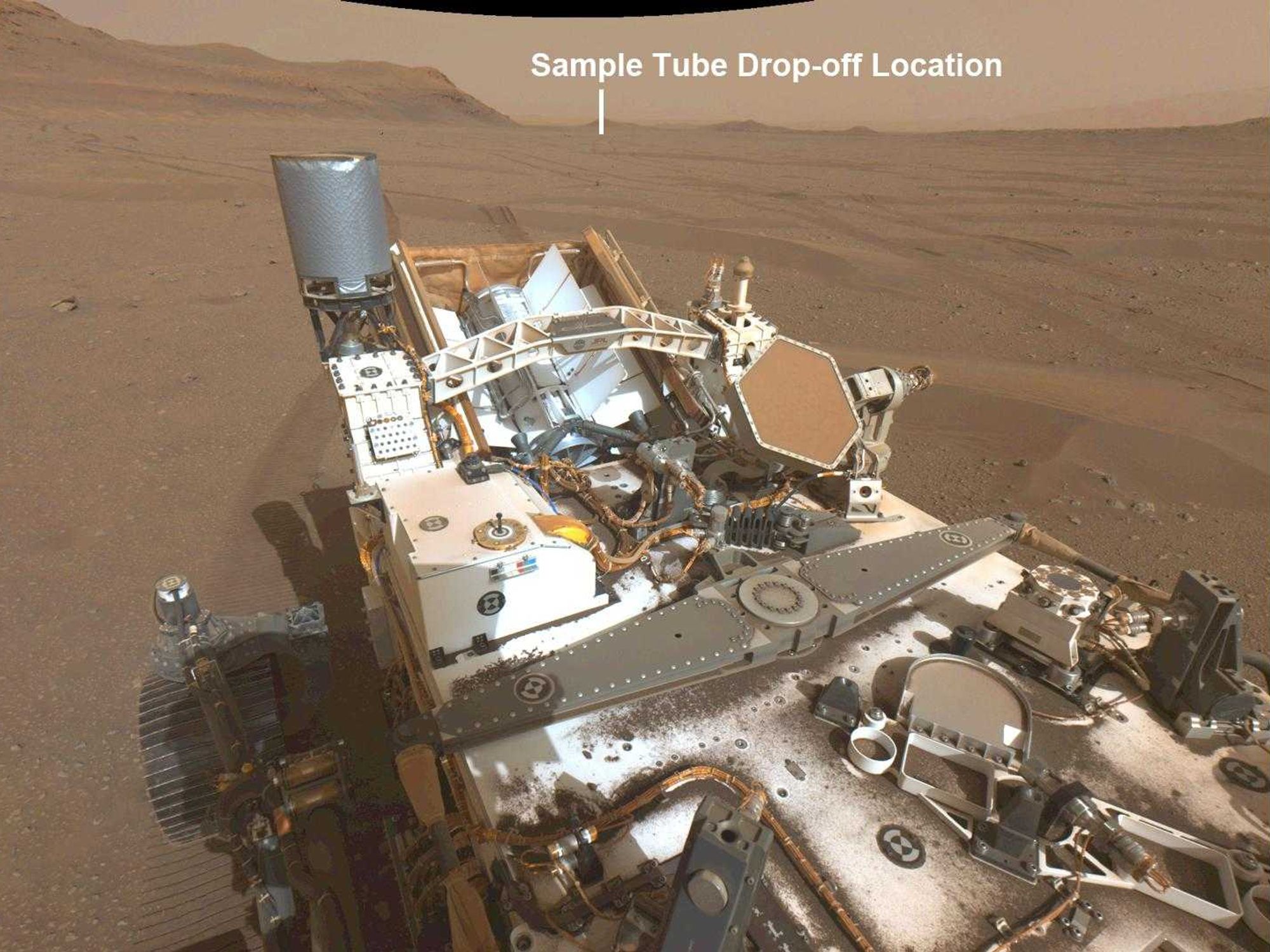 Images from Mars from NASA's Perseverance Mars rover.NASA/JPL-Caltech/
Images from Mars from NASA's Perseverance Mars rover.NASA/JPL-Caltech/ 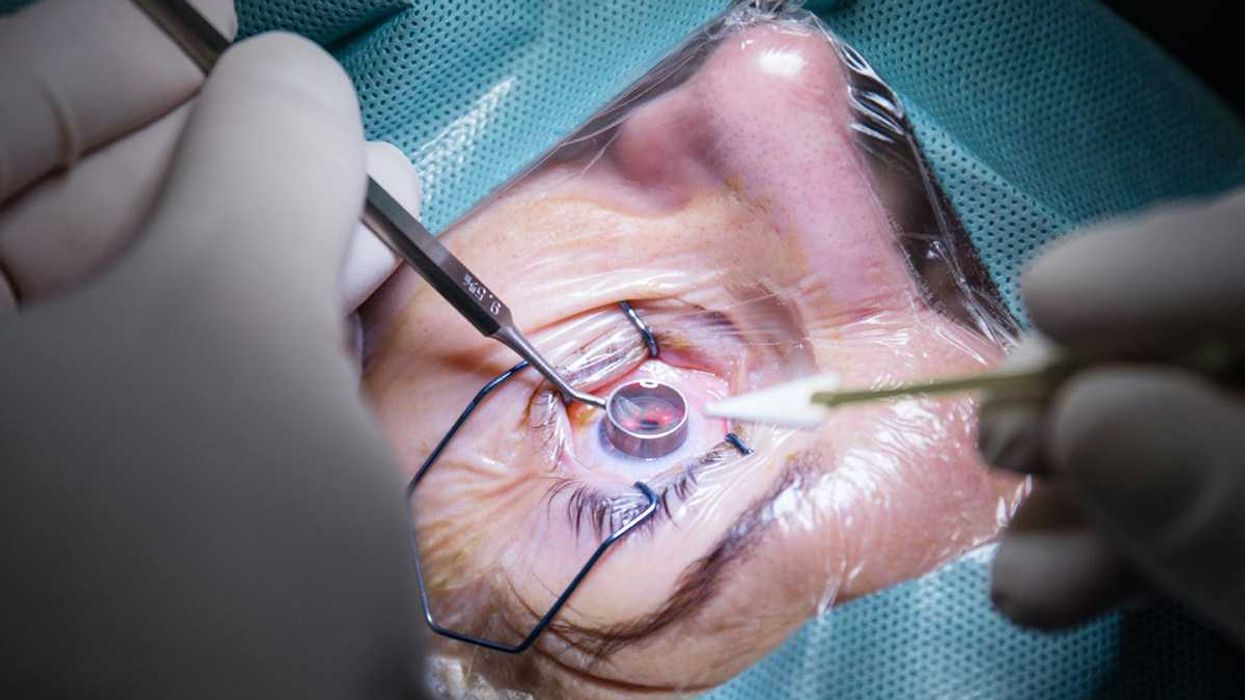 Eye surgery.Photo credit:
Eye surgery.Photo credit: 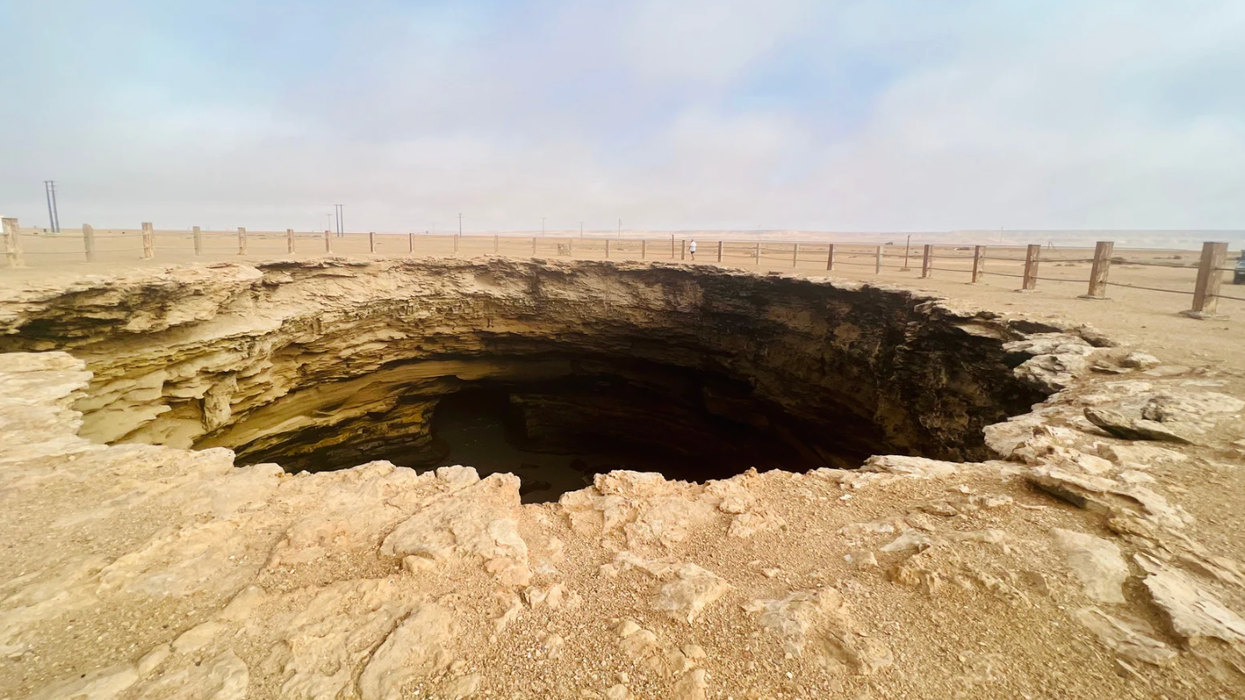
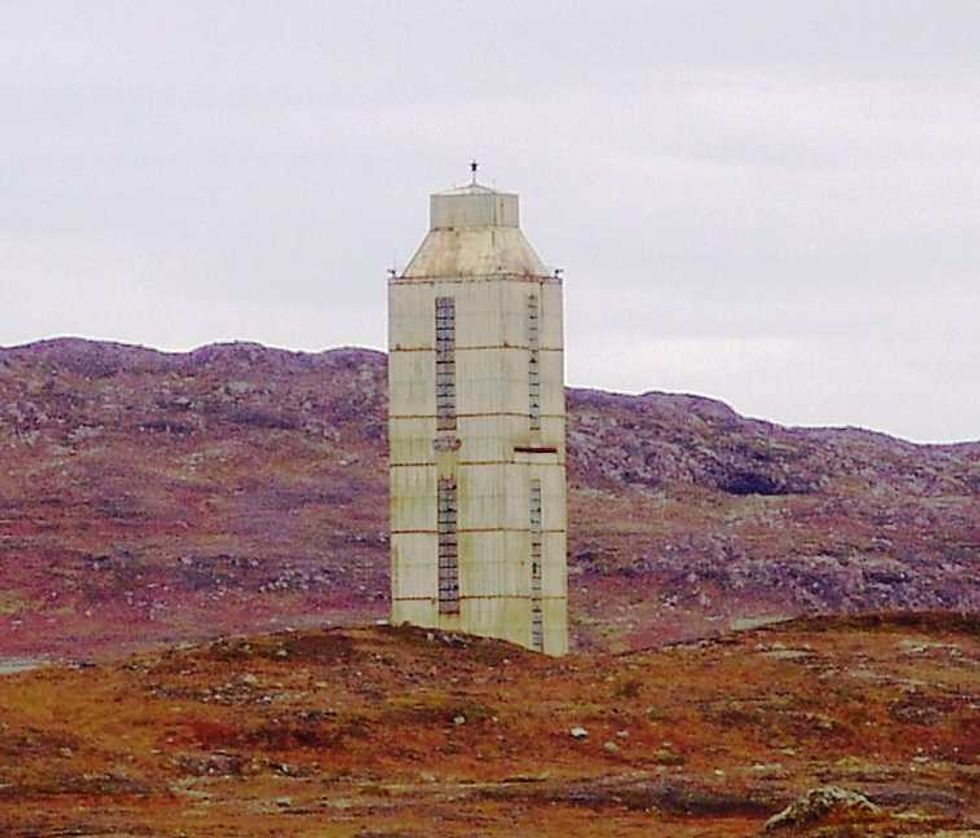 Superstructure of the Kola Superdeep Borehole, 2007
Superstructure of the Kola Superdeep Borehole, 2007 
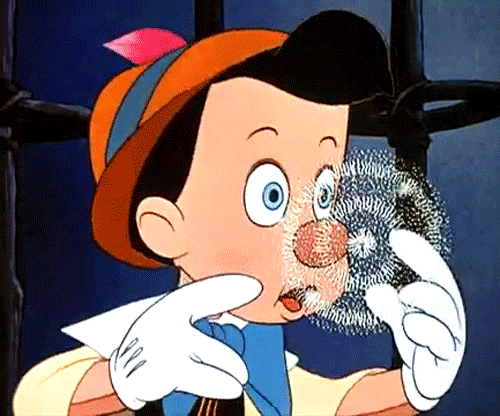 Gif of Pinocchio via
Gif of Pinocchio via 